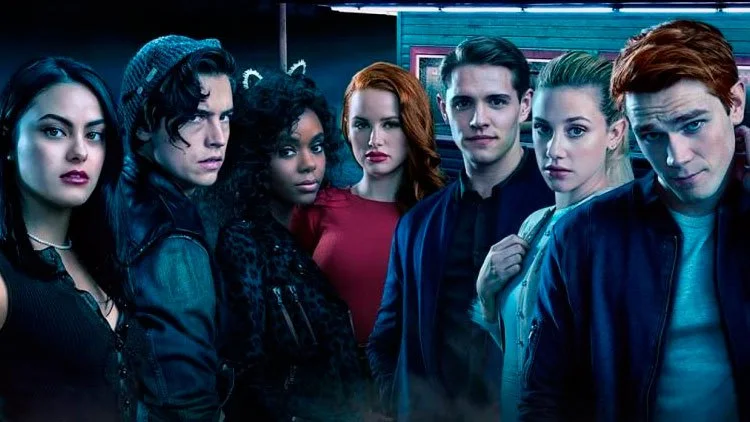Watching for the Journey, not the Destination
For the last two years, I’ve followed Crazy-Ex Girlfriend without ever actually watching it. I’d heard about it, and despite my love of musicals, it didn’t seem like a great fit for me. I’m not particularly fond of romcoms, and cringe comedy, well, makes me cringe. But the videos of the musical numbers slowly started to show up on my recommendations on YouTube and they were awesome. I saw reviews hailing the show as proudly feminist and inverting romcom logic. I remained unconvinced, but was curious enough to sporadically read reviews/recaps about what was happening in the show and, of course, continued to watch the videos. Seriously, they are amazing.
Aquariums are indeed zoos for fishes
A couple weeks ago the series ended. And armed with at least a reasonable amount of background, I watched the last two episodes. And loved them! Since then, I went on Netflix and started watching from Season 2. Because I liked where the series ended up – along with the songs of course – I felt like now I could watch the show without being uncomfortable. And I have no qualms skipping scenes that are too cringe-y for me because, well, I know what’s going to happen.
For me, knowing the ending of Crazy Ex-Girlfriend made me more interested in actually watching the show. I wanted to watch how the characters evolve, especially the side characters. It made me interested in the journey of the stories, since I didn’t need to worry about the destination.
Binge-watching culture is all about plowing through a TV series as fast as possible because you want to know what happens next. The result is that TV shows, and to be honest some book series, have sacrificed character development and filler episodes on the alter of plot, because plot is what makes people watch the show. For shows that are only about plot and nothing else, the journey isn’t the point at all. Knowing the answer beforehand almost ruins the show. But for character-driven stories, the “how” and “why” is just as important as the “what.”
The situation with Crazy Ex-Girlfriend is extreme. More often I skip ahead when reading books to see if a given character dies or if a couple gets together. Double-checking what happens in specific incidents makes the whole process more enjoyable because I can focus on the journey. If I desperately want a couple to get together, flipping ahead to check that they do makes reading all the “will they/won’t they” less stressful and more fun. And if I know things won’t work out the way I want, they I don’t face disappointment when I hit that part, and can focus instead on what does happen in a work.
This doesn’t mean I do this for all things. I assiduously avoid spoilers for new Star Wars films for example. And I never looked ahead in any of the Harry Potter books when they came out – that would have been borderline blasphemous.
Everyone who rewatches a film or TV show, or rereads a book, understands this general concept. Rewatching or rereading anything means you know, even sometimes just vaguely, what’s going to happen. The story itself, not the ending of the plot, is the point. Rewatching something is like watching with spoilers. You know what is going to happen, but you enjoy it anyways.
An oft-annoying aphorism people state frequently is that “it’s not the destination that matters, but the journey.” It’s generally applied to life, but I think it can be applied just as well to entertainment. It’s not just what happens in a story but how you get there. The journey is something that you can take again and again, regardless of whether or not you know what the destination is, aka the resolution of the plot.
There is no right or wrong way to consume media. Binge-watching, taking a story slowly, rereading a book dozens of times until it’s falling apart (my copy of Goblet of Fire is held together with hope and a ridiculous amount of tape), or never rewatching anything. It’s all good. For me, I find knowing the destination often makes the journey more enjoyable, rather than less. I’ll continue to watch Crazy Ex-Girlfriend is a random order, and enjoy it far more than I know I would have if I’d done so without knowing the ending. Because sometimes, knowing the destination makes the journey worth it.





